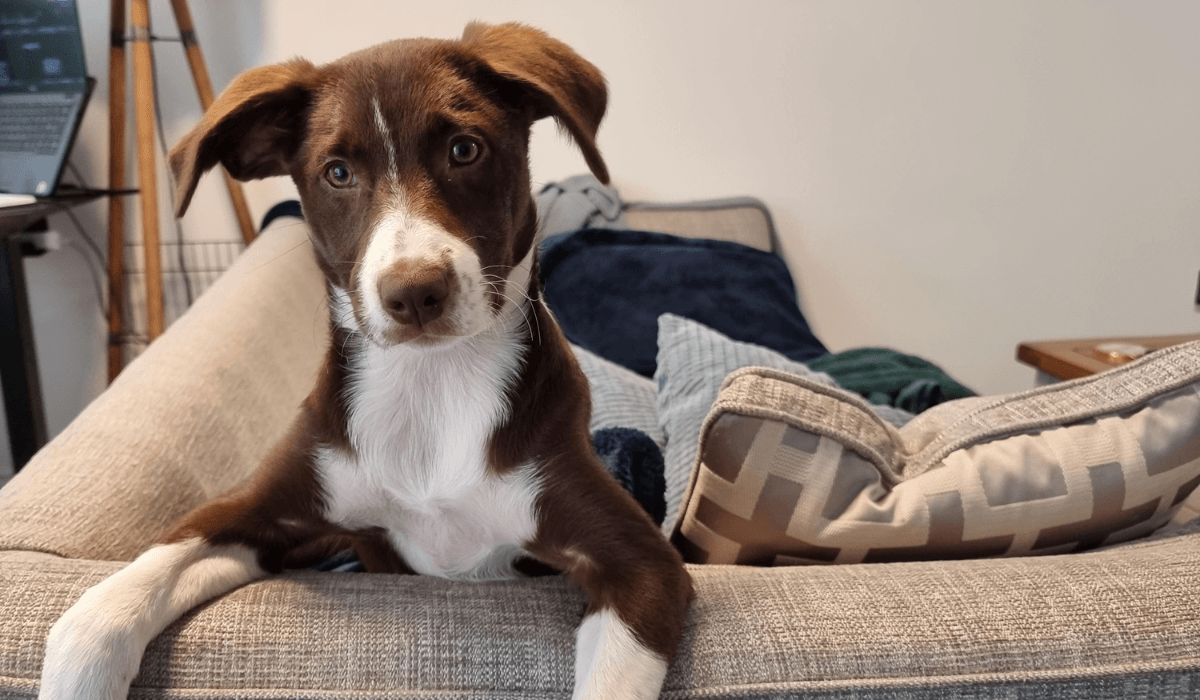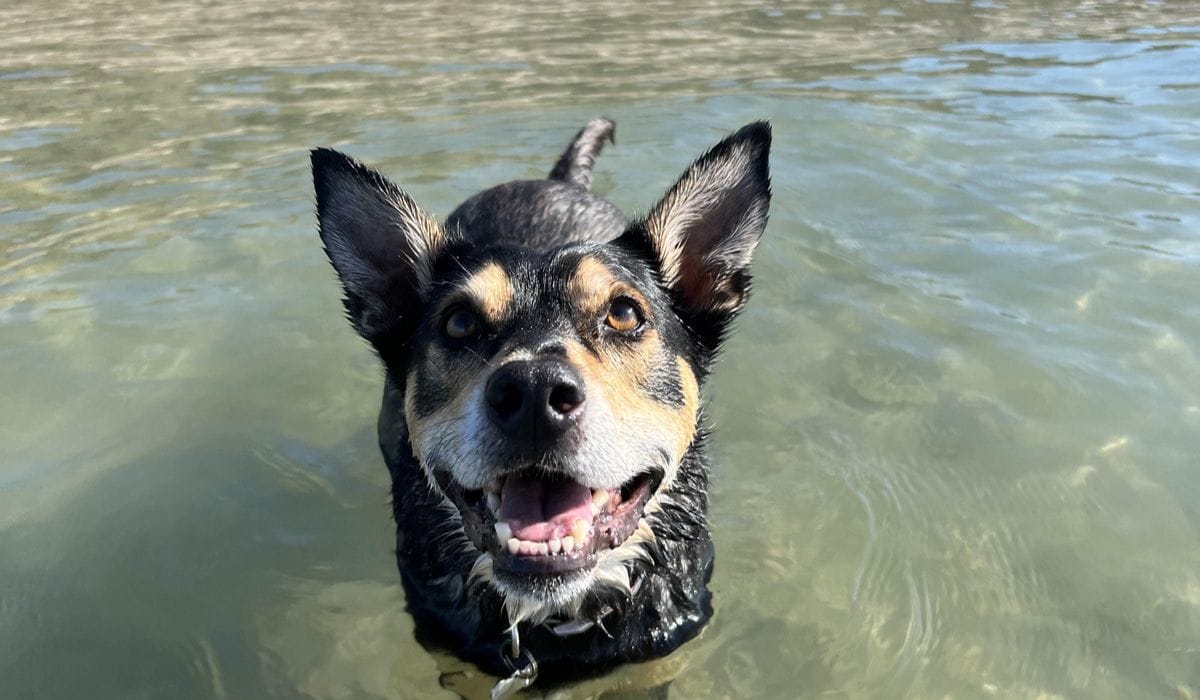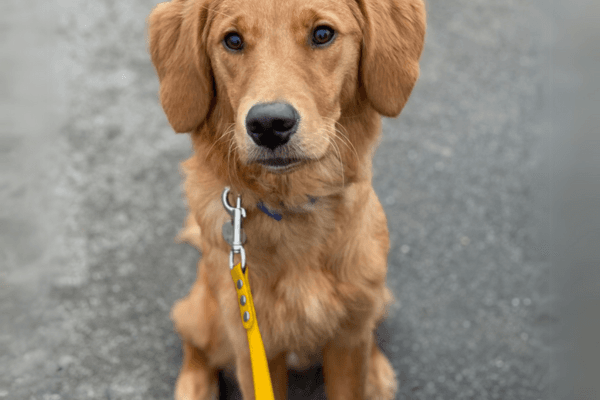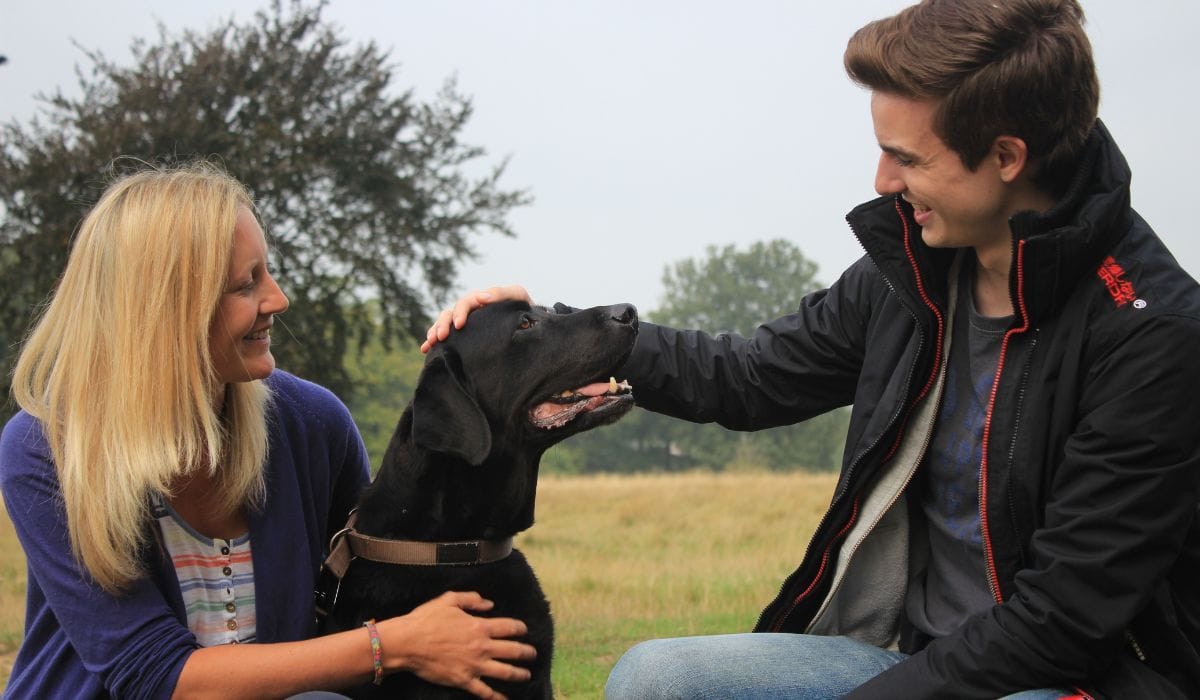Written by Dr. Kathleen Pohl, BVSc PgC(FVS) MRCVS Advanced Practitioner in Feline Medicine Clinical Director and Veterinary Surgeon
Reviewed by Dr Jill McMaster BVM&S MBA MRCVS, Veterinary Surgeon and in-house expert at BorrowMyDoggy on 6 Jun 2023
Over the last few years we have all been concerned about the COVID-19 pandemic, but as well as concerns for human friends and family, there have been a lot of questions asked of how our dogs fit into all of this. So let’s go through some common queries.
Can dogs get COVID-19?
Current studies suggest that while our dogs may be able to get COVID-19, it is extremely rare and they only show very mild symptoms, if any. If your dog seems more unwell though you should always consult with your own vet. There are lots of different coronaviruses, and they all behave differently. Dogs can be prone to other coronaviruses including the one that can contribute to kennel cough, but this is not Covid-19 and cannot pass to humans.
Can dogs spread COVID-19?
It is very unlikely that dogs can spread COVID-19, but if you are infected it is best to reduce your contact with them. Never attempt to clean your dog’s skin or coat with any disinfectants, bleaches or hand sanitisers, and there is no need to wash your dog more often.
Dogs Post Lockdown
One big outcome of coronavirus lockdowns has been an increase in separation anxiety signs in our dogs. Since 2019, a lot of dogs have grown very used to having human company all the time and are now struggling when spending more time on their own. There are some ways you can support your dog through their issues, and always be sure to speak to your vet for further advice.
Face masks and dogs
As a result of coronavirus, some people are now choosing to wear face masks, which some dogs can find a bit confusing.
Kathleen Pohl, a vet in Bristol, provides a handy step-by-step guide on getting your dog used to face masks.
- Step 1: Let your dog see your mask
Start out by simply showing the mask to your dog. Simply hold it in your hand and let them take a closer look. Once they’ve seen the mask, reward them with a treat. This will help them associate the sight of the mask with positive experiences.
- Step 2: Put on your mask
Do this in front of your dog for now. Leave it on for a few seconds and remember to act natural. Make sure you speak in an upbeat, pleasant voice. You can also try playing games, or engaging in fun activities while you’re wearing it.
- Step 3: Repeat, repeat, repeat
Put on your mask in front of your dog multiple times, and at different parts of the day. Try it in the morning, at lunch time, then in the evening while you’re watching TV – this will help it to become a more common sight for your dog. Get your family members on board too. Try it one at a time so you don’t shock your furry friend too much.
- Step 4: Walk into the room wearing your mask
Once your dog is comfortable, start to enter rooms while already wearing your mask. As ever, make sure you reward your dog when they see you. This will help them to associate the mask with fun, excitement and tasty treats. Continue with this until your dog is happy, then start to enter and leave the house wearing your mask.
- Step 5: Heading out for walks
Now your dog is happy with seeing you and your household in masks, you’ll have plenty of confidence when it comes to going out for walks. Take treats with you on your walks, and whenever you see a stranger wearing a mask, reward your dog with a tasty snack.
Remember to take it slow, to act naturally around your dog and to reward their positive behaviour. Be patient, and remember to stop if your dog seems stressed or uncomfortable. If your dog seems to have a particular behavioural issue associated with masks contact your vet for more support.
This article is for information only, and should never replace any advice, diagnosis or treatment from your veterinary surgeon. Always contact your local vet or out of hours vet without delay if you have any concerns about your dog.





